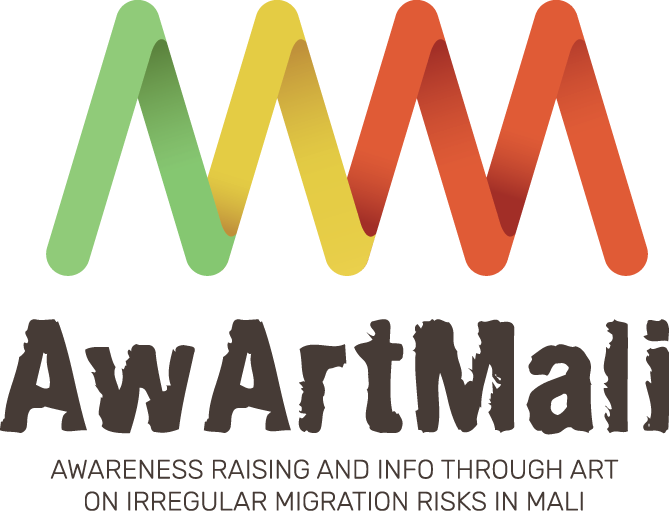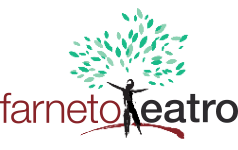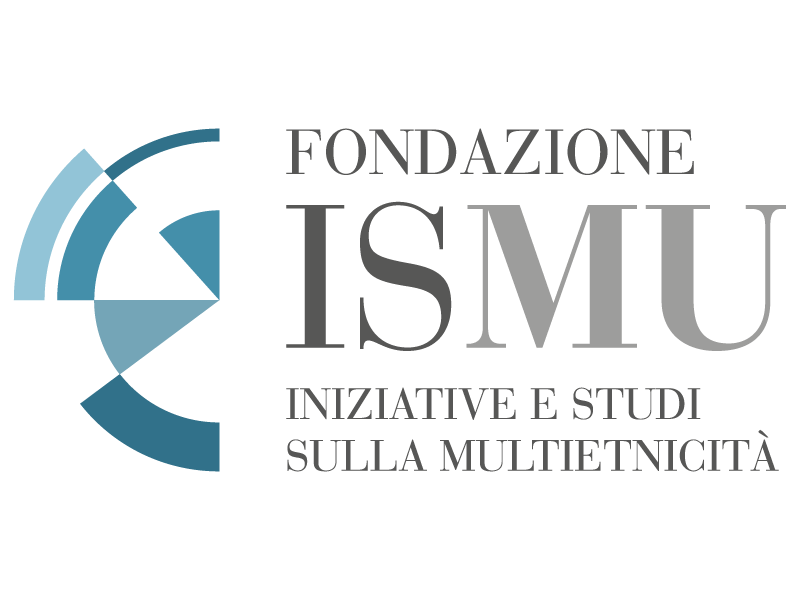Highlights on Malians and irregular migration
Data from the AwArtMali preliminary
research and field activities
AwArtMali aims to change the perceptions and behaviour of Malians who look at irregular migration towards the EU as the only solution to their socio-economic problems. It does so by raising awareness among Malians on the risks of irregular migrations as well as on legal migration venues and socio-economic opportunities available in their country.
The project adopts a very holistic approach that builds on quantitative and qualitative research, communication across different media, institutional capacity building and sustainable networking. The composition of the Consortium reflects this diversity and complexity.
Access to reliable data on Malians’ communication habits and socio-economic needs is a cornerstone of AwArtMali. Since the beginning of the project in December 2018 partners have gathered key evidence on Malians living in Mali and abroad in order to provide them with accurate and reliable information on irregular migration, legal migration venues and local opportunities.
First and foremost, between December 2018 and May 2019 ISMU Foundation and Instrategies collected quantitative data on Malians living respectively in Italy and Spain identifying migration and demographic trends. Two rounds of interviews were then organised in Italy, Spain and Mali with the support of the local NGO LeTonus in order to identify the target of the awareness raising campaign, its characteristics, motivations, needs and modalities of access to media and information. The research was elaborated from a collection of data gathered from relevant stakeholders (round I) as well as villagers and diaspora members (round II).
All in all, 64 people were interviewed across the three countries. The research in Mali focused on several rural villages in the surroundings of Kati, in the Koulikoro region, thanks to the logistical and socio-cultural support of the Malian NGO LeTonus. Interviewees included civil servants, staff of international organisations and NGOs, diplomats, local political and religious authorities, representatives from cultural and political associations, youth workers, school and education representatives, and senior members of the Malian diaspora.
The research was crucial to understand people’s motivations and socio-economic dynamics by investigating the perspectives of those who choose to flee the country, examining the level of consciousness on risks and their knowledge and perception of real development perspectives in their own country. The following project activities, conducted from March 2019 on, both built on this preliminary research and consolidated the evidence base further.
The infographics below summarise the main results of the preliminary research under five themes:
- The rationales behind irregular migration among Malians
- Malians’ migration imaginary
- The main features of the Malian diaspora in Italy and Spain
- The role of the Malian diaspora from the point of view of Mali
- Malians’ perception of local alternatives to irregular migration













